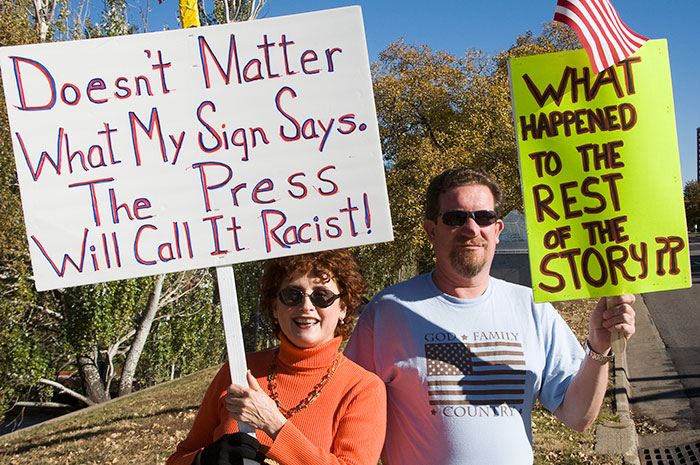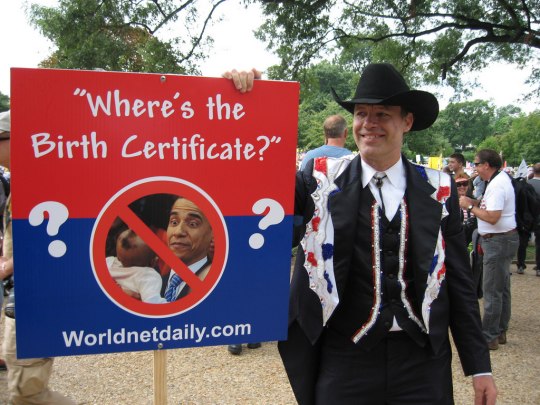Setting: A Paris Café. Benjamin Franklin and Thomas Jefferson sit a table. One chair remains, sitting in half shadow. A man named Rick walks in, mumbling about gin joints. He walks out again. He is never seen again. Benjamin and Thomas are having a big glass of red wine, giggling as Benjamin mumbles.
Ben: I’d like to order the salad. I’m a vegetarian you know. By not eating meat; I have money which enables me to buy more books.
Thomas Jefferson: I have to concur, I will be in no man’s debt, and by not being a man’s debt, I too have found freedom.
Ben: Why yes, money is very important to enabling the dream of freedom.
Anne walks in. The chair is moved into the spotlight.
Anne: I have to disagree.
Ben: Oh Annie, you’ve always got something to say, don’t you?
Anne: Well, Ben. Tommy. I just have to say that I doubt that money is the most important aspect of freedom.
Ben: Annie, you’re always questioning something, aren’t you?”
Anne: Well Ben. I’d think that individual thoughts of freedom are infinitely more important. If I am not allowed to think, am I truly free? Money may enable this freedom, but I doubt that it is the most important aspect.
Tom: That’s rich coming from someone who had a husband who was a well off cloth merchant. You’re not exactly living in squalor, are you babe?
Anne: Tom. Why notice the speck in my eye and ignore the log in your own?
Ben: You silly people, religion is an important aspect of freedom also. Let’s not go into silly attacks over hypocrisy. I’ve never been hypocritical, so I grow bored by this conversation.
Anne: Thanks for that Ben, you’re really contributing to the conversation.
Ben: That response was so heated, it fogged up my bifocals.
Thomas: Why am I a hypocrite, Miss Hutchinson?
Anne: Tommy. A man who keeps slaves and then claims to value individual freedom above all…to be in no man’s debt, but then to be…massively in debt? It seems like you’re a bit of a hypocrite. That’s all.
Ben: You’d question an authority figure? He was a former president!
Thomas: Like you’re that surprised. Ann questioning authority and causing dissent? It’s never happened before!”
Anne: Ben. Stop talking. You’ve rambled enough. Go build a stove or something.
Ben: Can I just say, and by the way, Annie, I’m practicing temperance and humility right now, I’m going to tell you that I concur. We cannot speak on freedoms that we do not practice, despite our intentions. But if we are to become more realized within our freedoms, there must be a chance at religious freedom, and freedom of life. My vision of freedom is not mine alone; rather we must look for some sort of unified vision.
Anne: There has to be an aspect of the individual, Ben. Freedom is not a unified vision. Just as religion is not a unified vision-
Thomas: But we can have some basic guidelines. A man may pursue different forms of happiness; but are we not ultimately seeking a happiness? All Christians follow the bible to some degree. But it is up to their interpretation.
Ben: Ah Tommy. You’re so right. Now, let us leave this restaurant and go buy books.
Anne: I’ll be off on my family vacation to New York. I’ll be seeing you gentlemen.








